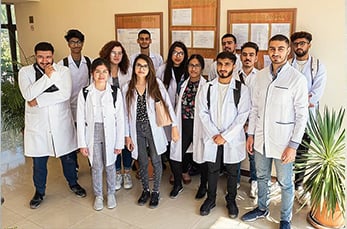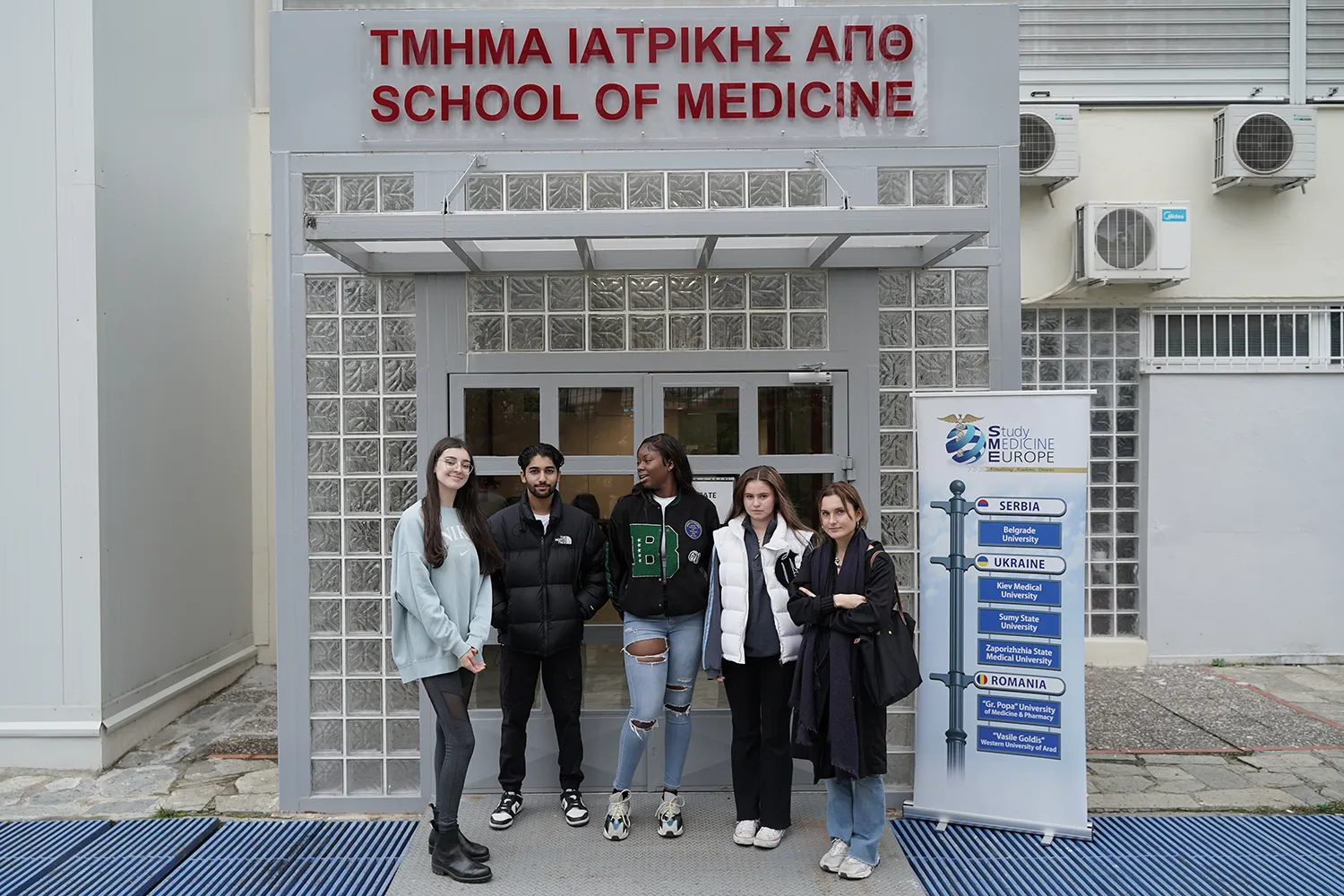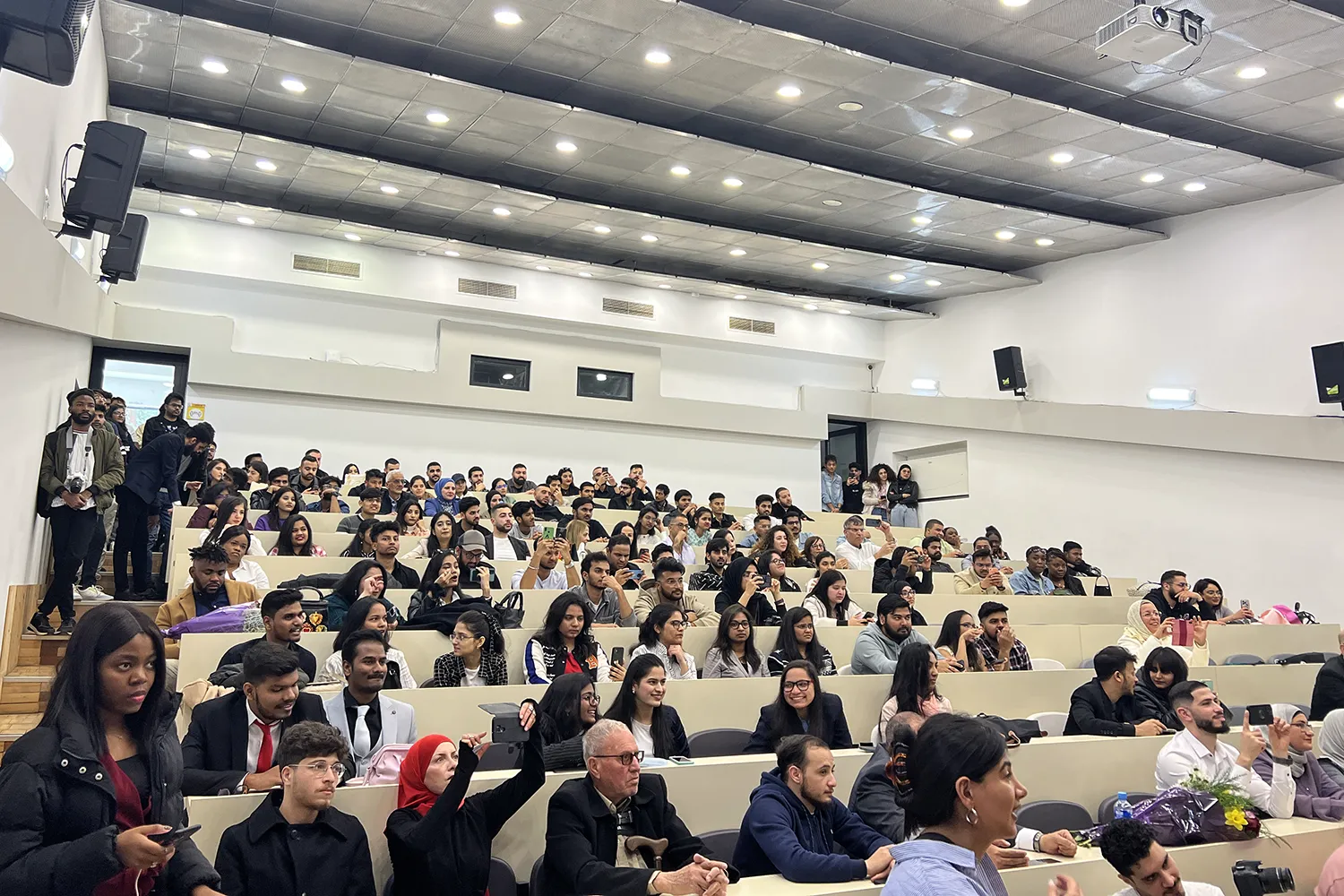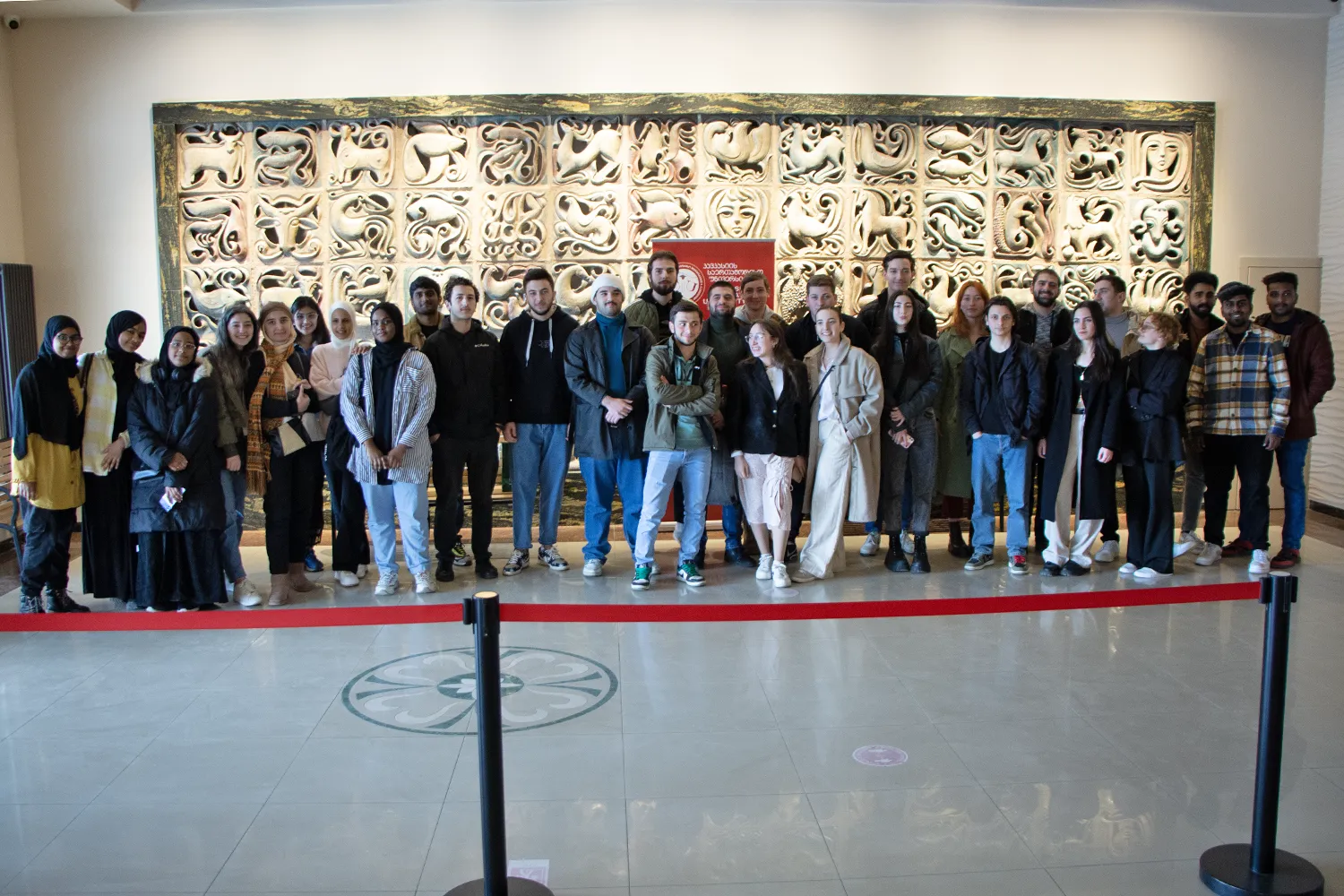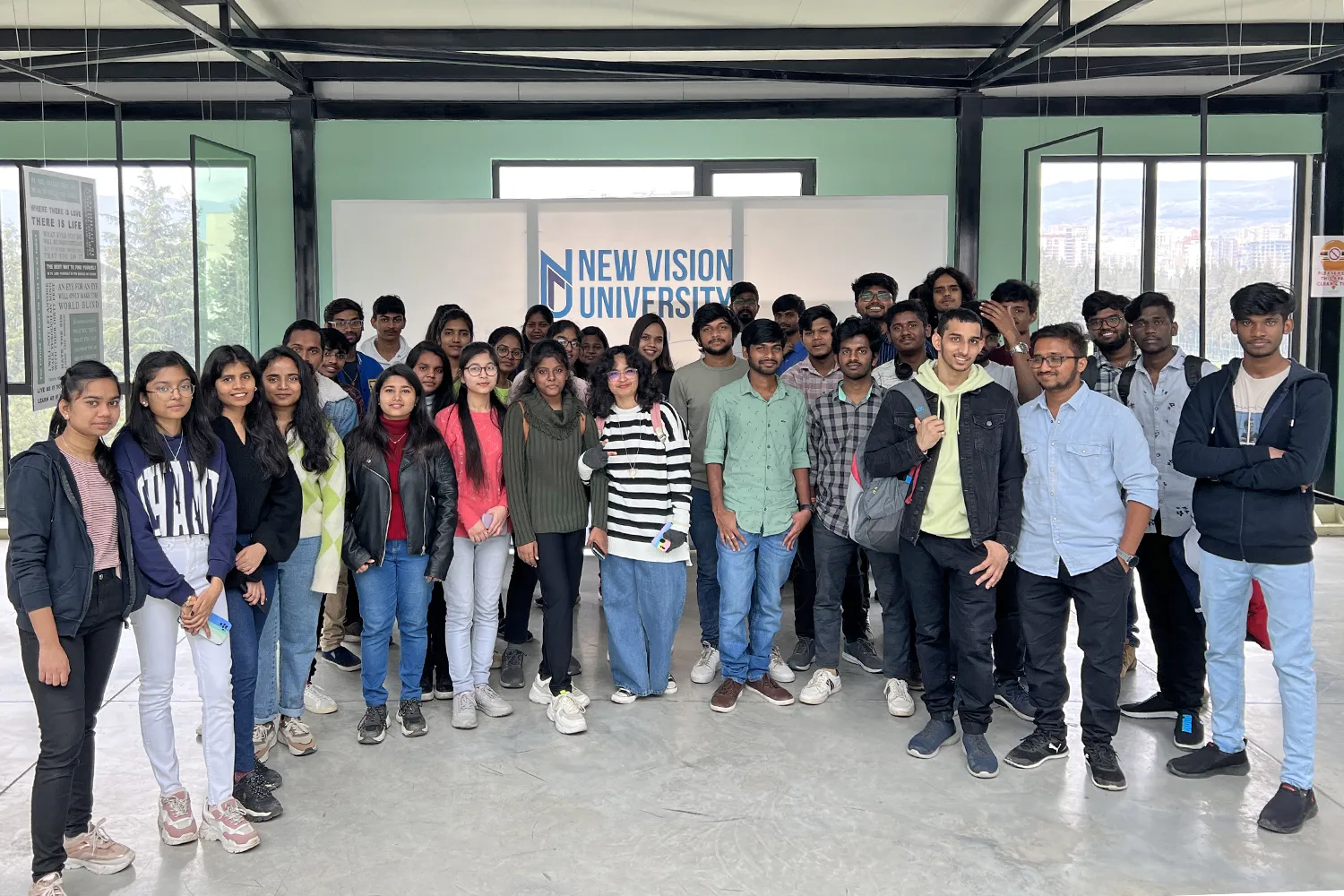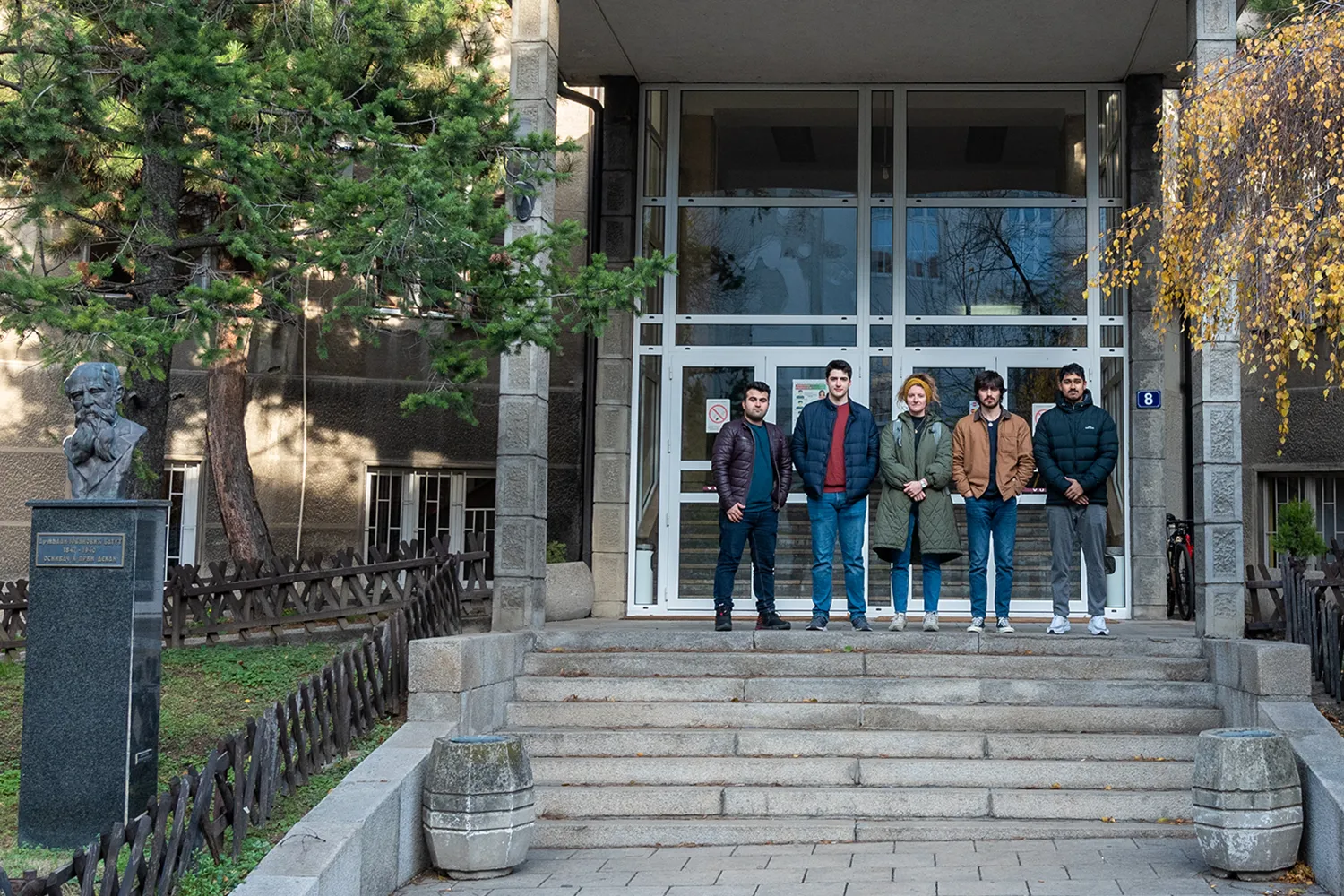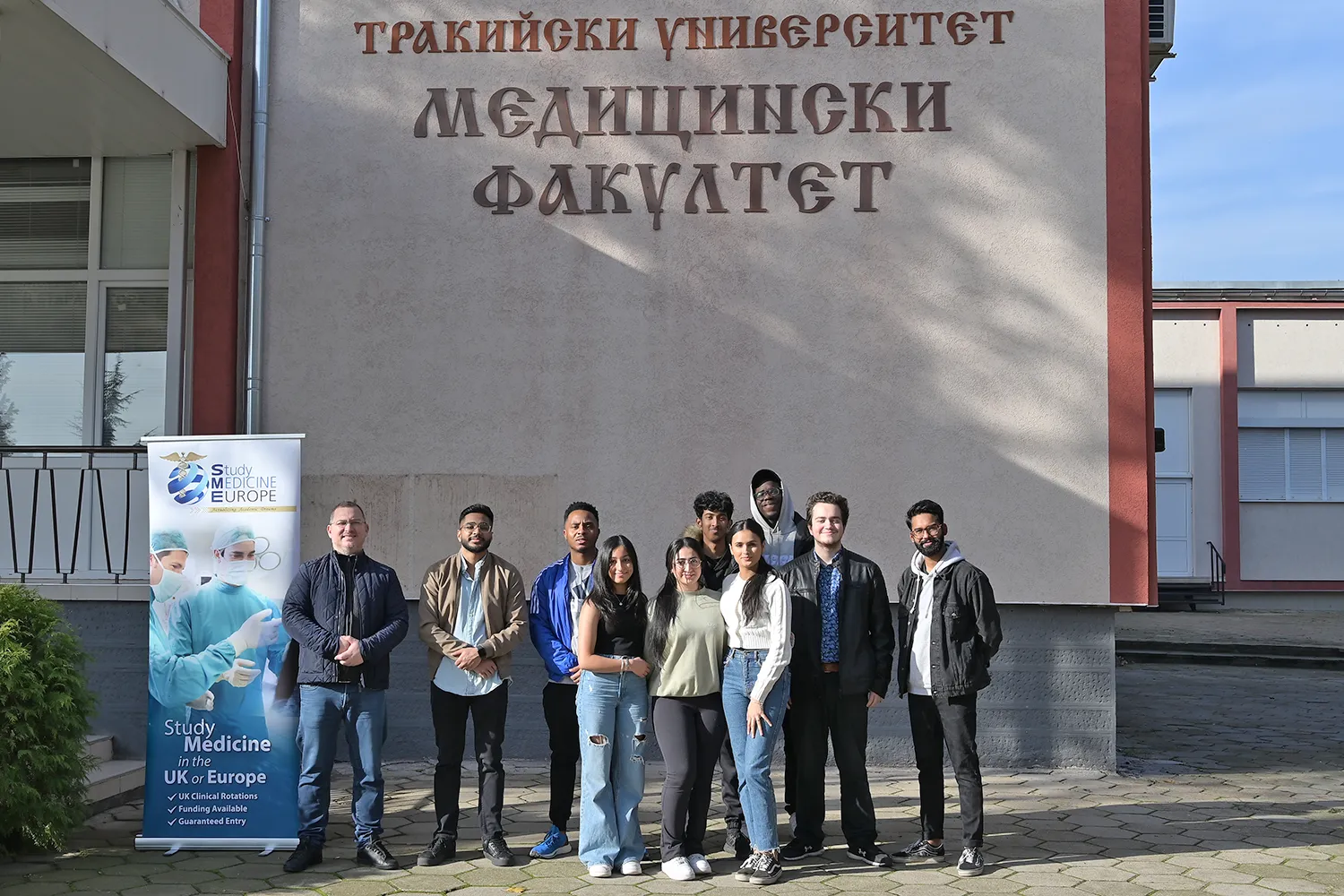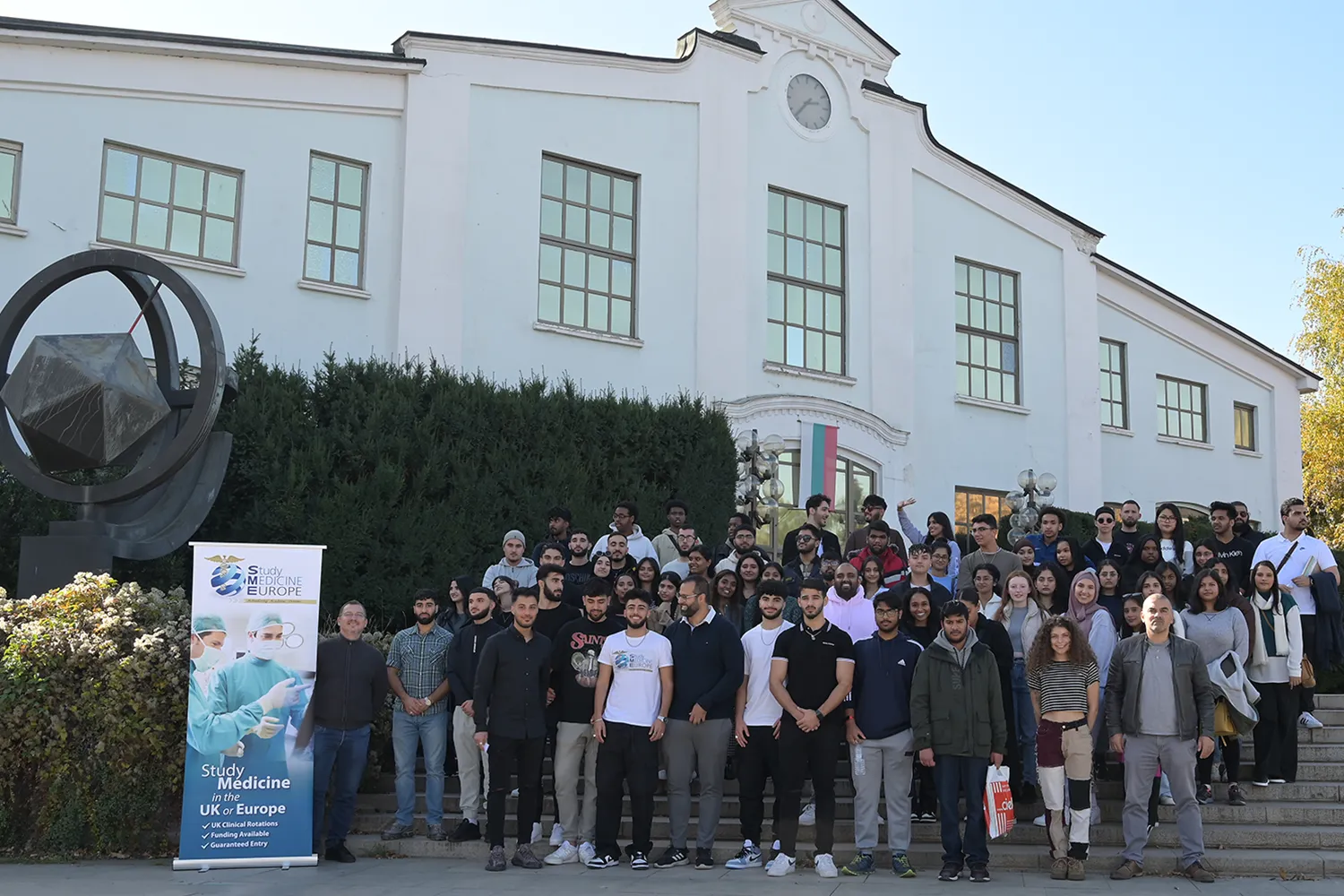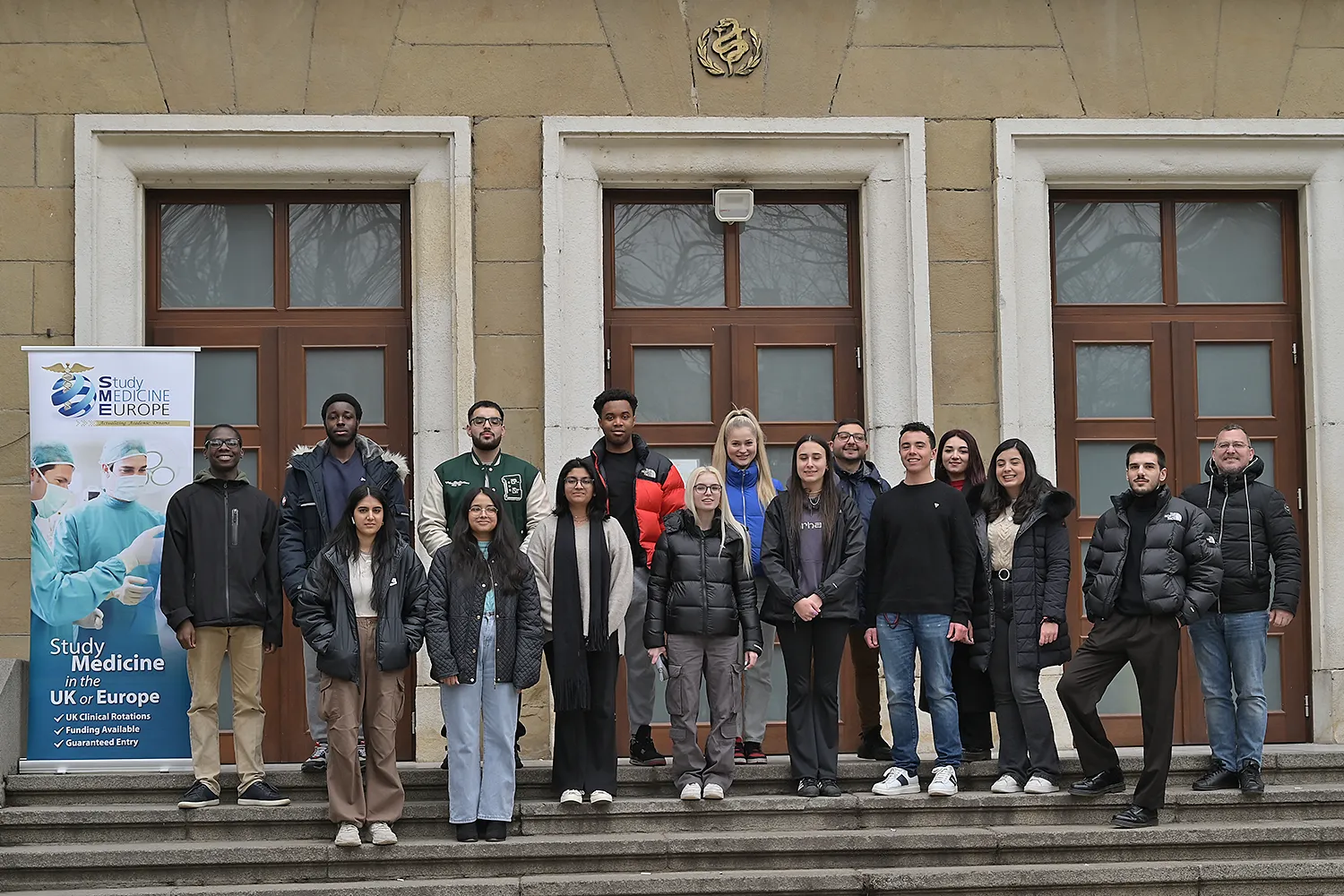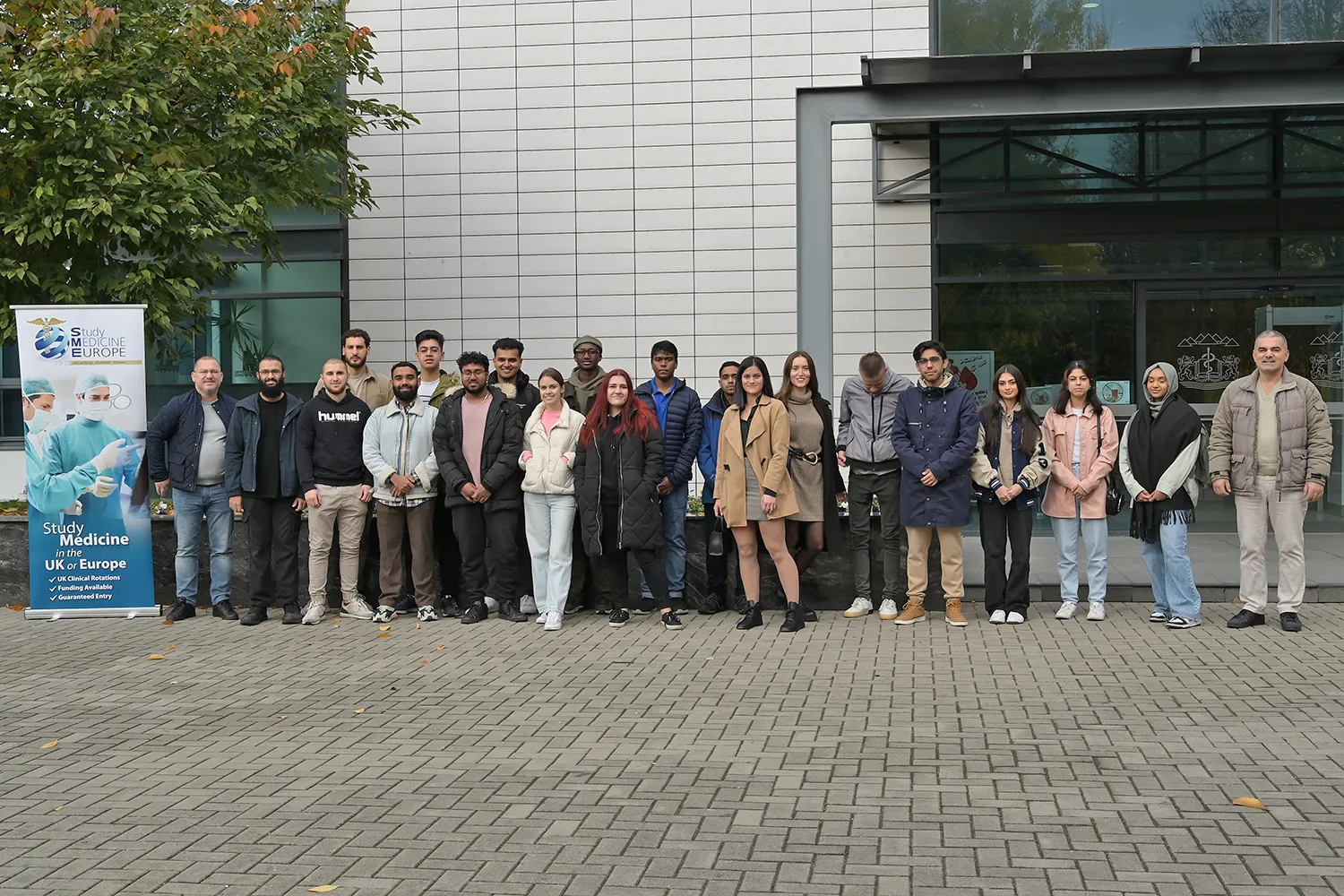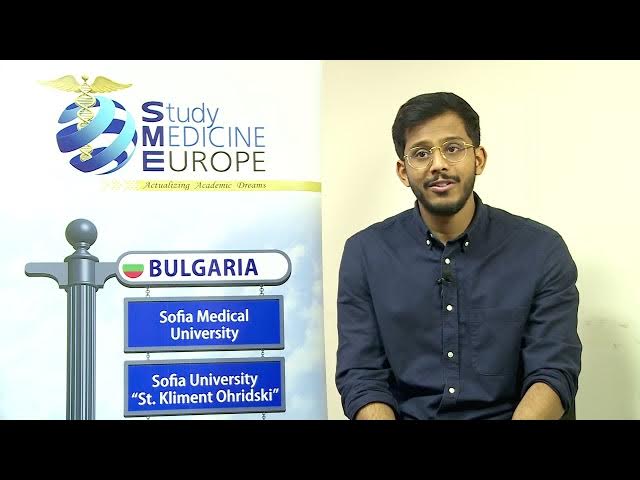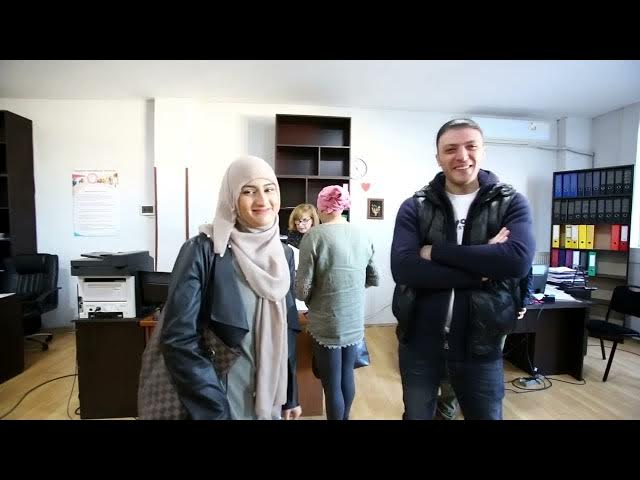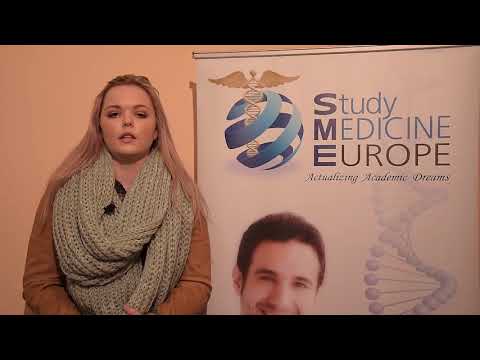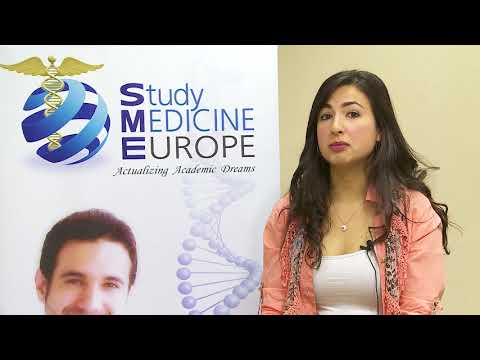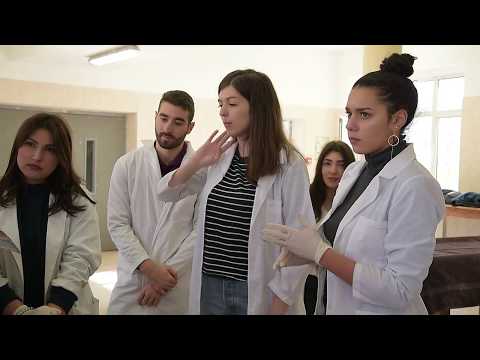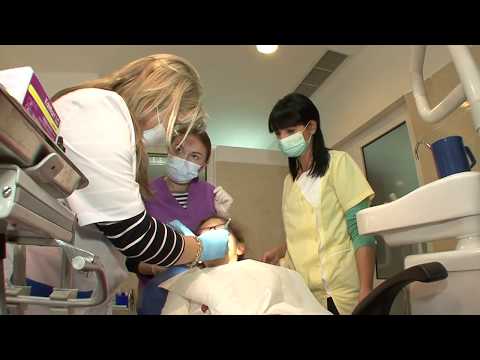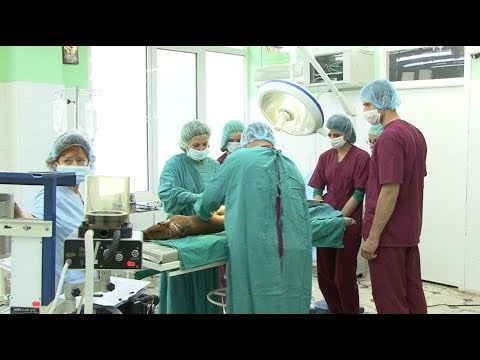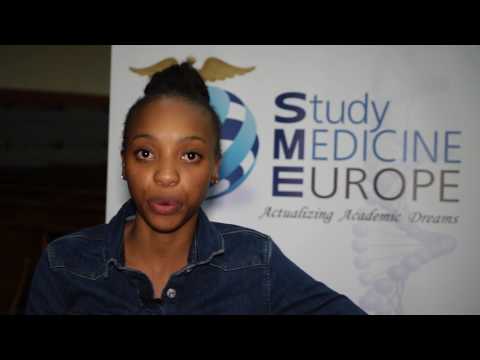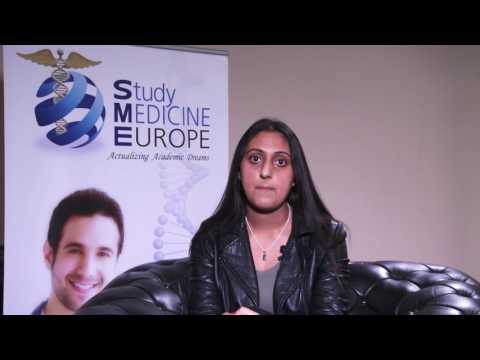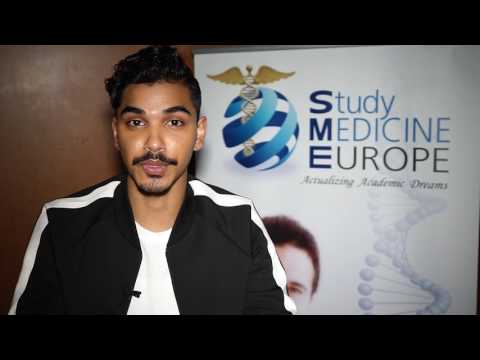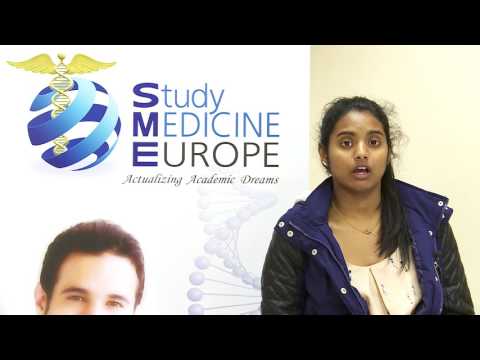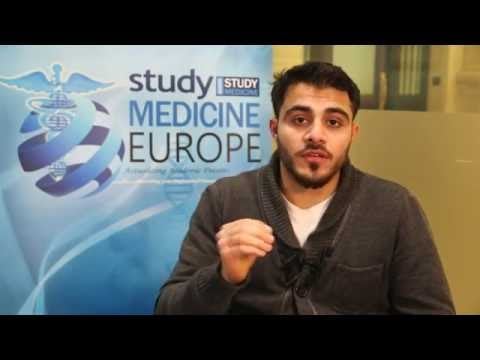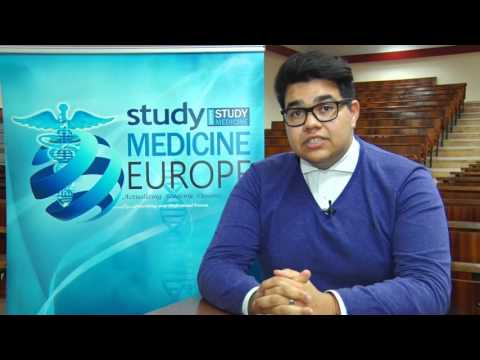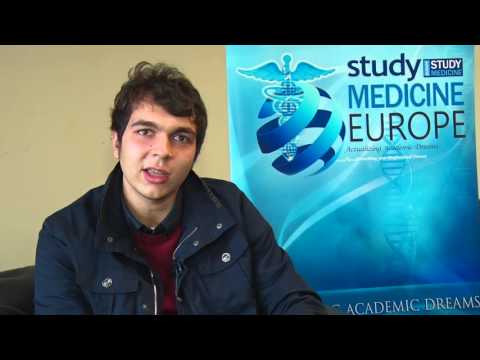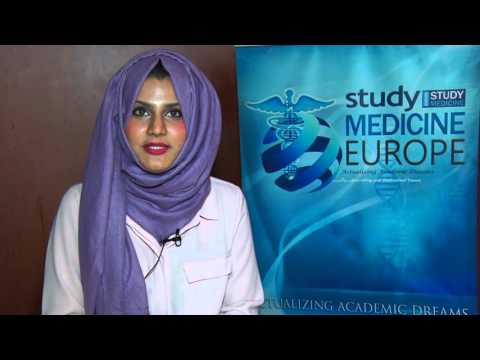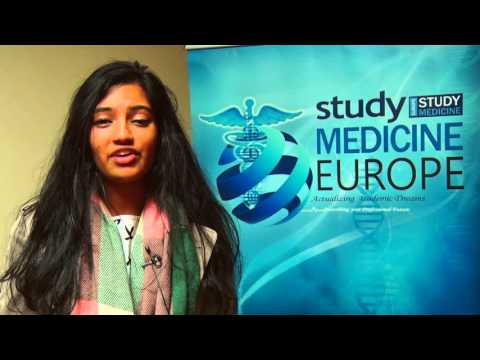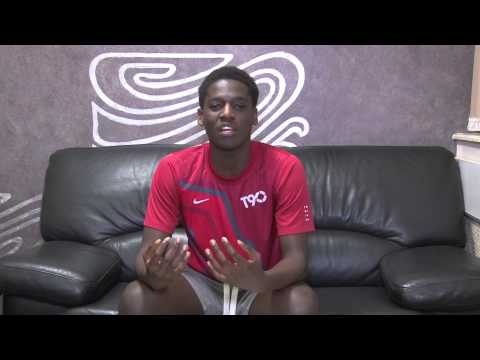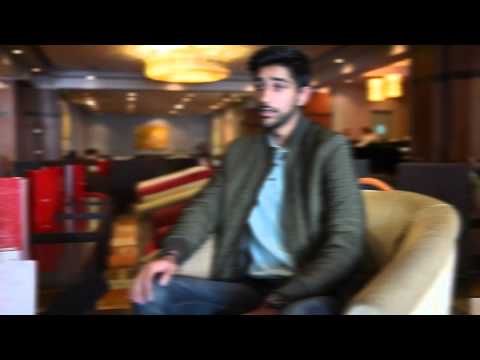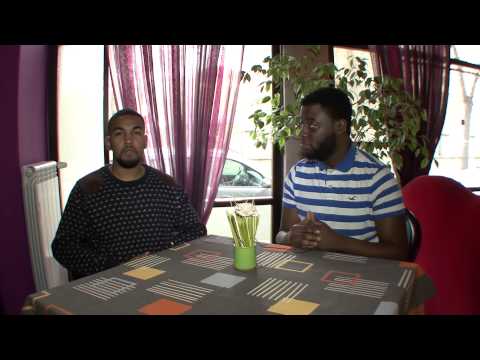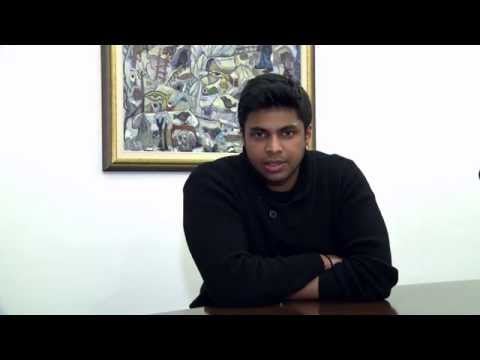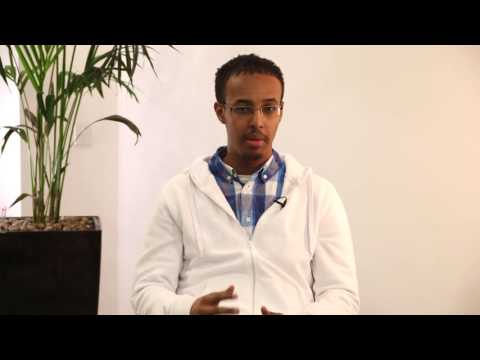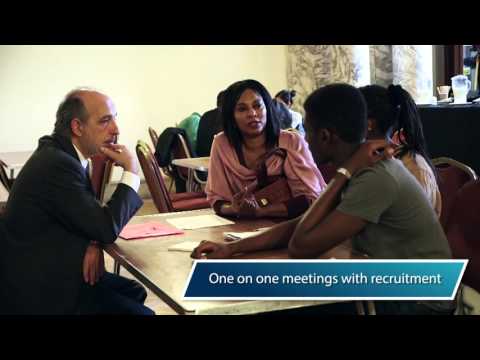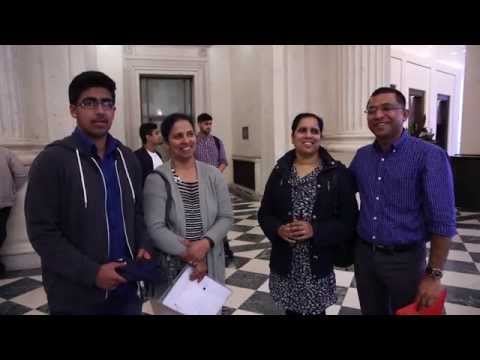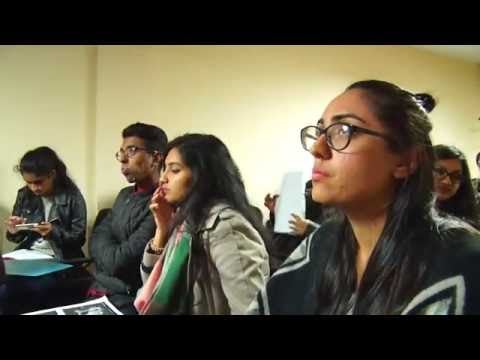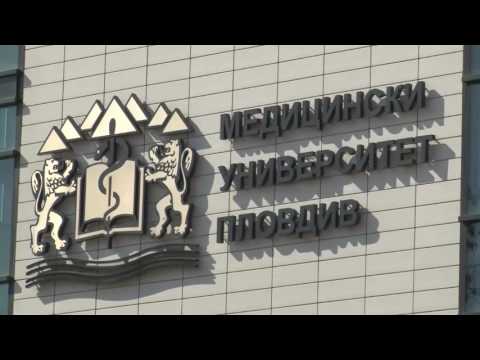Why Choose to Study Medicine at Accredited Universities in Anguilla, Antigua, Barbados, and St. Vincent and the Grenadines in the Caribbean Islands?
Admission
No entry exams
Tuition fees
From $6950/year
Undergraduate Entry
5 – 5,5 Years
Intake
January, May, September
Funding
Not Available
Graduate Entry
4 Years
UK Clinical Rotations


Caribbean Universities to Study Medicine in English
+
 What is the 5-Year or 5.5-Year Undergraduate Medicine Course?
What is the 5-Year or 5.5-Year Undergraduate Medicine Course?
- New Anglia University (NAU) offers a 5-Year Undergraduate Medicine Programme qualifying graduates with a Doctor of Medicine (MD) degree.
- The programme’s structure is: Premedical modules for one year, Basic Sciences for two years, then Clinical Sci-ences for two years.
- The NAU curriculum is taught by a diverse faculty in a supportive, forward-thinking, and cooperative medical school environment.
- Students study over five years to qualify for their medicine degree; Premedical modules are foundational studies for 90 credits, Basic Sciences for 70 weeks (five terms), then Clinical Sciences for 72 weeks (Core Rotations for 48 weeks and Elective Rotations for 24 weeks).
- For the two Clinical Sciences years, students study in the UK in hospitals, clinics, and specialist settings with British professors.
- There are no entry exams, modules are taught in English, and there are three yearly intakes (January, May, Sep-tember).
- University of Health Sciences Antigua (UHSA) offers a 5-Year Undergraduate Medicine Programme in Piccadilly, Antigua that qualifies students with a Doctor of Medicine (MD) degree.
- Undergraduate medicine is taught over five years: one year of Premedical modules, followed by two years of Basic Sciences, and two final years of Clinical Sciences.
- The curriculum is developed in line with international medical school standards and UHSA graduates currently work in medical research, administration, and specialised medicine in over 21 different countries.
- The course is structured as a five-year programme: Year 1 is Premedical modules, Years 2 and 3 consists of Basic Sciences for 70 weeks (five terms), and for Years 4 and 5 of Clinical Rotations there are 78 weeks of Core and Elective Rotations.
- The clinical rotations are completed at the affiliate university teaching hospital in Antigua or Canada that are entirely integrated with prestigious medical schools’ curriculum standards.
- The UHSA programme is taught in English in modern teaching facilities, there are no entry exams, and there are three intakes per annum (January, May, September).
- Victoria University of Barbados (VUB) offers a 5-Year Medicine Programme in Warrens, St. Michaels for a Doctor of Medicine (MD) qualification.
- VUB undergraduate medicine is structured into Premedical modules then Basic Sciences and Clinical Sciences: Premedical modules are studied for the first year, then two years of Basic Sciences, and the final two years of Clinical Sciences.
- The VUB curriculum is established in line with international medical training standards and students learn in a modern setting with state-of-the-art laboratories on a sprawling island campus.
- The undergraduate medicine programme consists of: Year 1 covers Premedical foundation modules, Years 2 to 3 progresses to Basic Sciences over 84 weeks (six terms), and Years 4 to 5 are Clinical Rotations over 88 weeks of Core and Elective Rotations.
- Clinical rotations are completed at teaching hospitals in Guyana, wherein students consecutively undertake Core Rotations and Elective Rotations.
- The programme is taught in English and VUB faculty are highly trained to deliver a quality teaching experience with a 3:2 lecturer to student ratio.
- Students have the option to study online for the first two years of the programme.
- Saint James School of Medicine (SJSM) offers a 5.5-Year undergraduate medicine programme in Arnos Vale, St. Vincent and the Grenadines with graduates holding a Doctor of Medicine (MD) degree.
- SJSM undergraduate medicine is structured into Premedical modules for 16 months, then 16 months of Basic Sciences, and two years of Clinical Sciences.
- The curriculum is highly regarded in the North American and Caribbean region, with lectures and classes taught on a modern campus, and three intakes per year (January, May, September).
- Undergraduate medicine is 16 months of Premedical modules, 16 months of Basic Sciences with 84 weeks of modules (six terms), and then the two final years of Clinical Rotations has 80 weeks of Core Rotations and Elec-tive Rotations.
- Clinical rotations are completed in Suriname and the U.S. at SJSM’s affiliate teaching hospitals, and clinical modules are structured in line with leading North American medical schools.
- The programme is taught entirely in English with no entry exams, and all coursework is delivered by a diverse faculty with a low student-to-professor ratio.
+
 What is the 4-Year Graduate Medicine Course?
What is the 4-Year Graduate Medicine Course?
- New Anglia University (NAU) offers a 4-Year Graduate Medicine Programme pathway.
- NAU’s programme is taught in Anguilla, all modules are in English, and graduates earn a Doctor of Medicine (MD) qualification.
- The NAU 4-Year Graduate Programme:
- Applicants must hold a science-related Bachelor’s Degree to meet the programme eligibility guidelines.
- Students study two years of Basic Sciences, then two years of Clinical Sciences.
- Basic Sciences is 90 weeks of theoretical modules, then Clinical Sciences is 72 weeks of modules (48 weeks of Core Rotations, followed by 24 weeks of Elective Rotations).
- Clinical rotations for NAU take place in British hospitals and clinics.
- University of Health Sciences Antigua (UHSA) is a 4-Year Graduate Medicine Programme pathway.
- This highly competitive programme qualifies students with a Doctor of Medicine (MD) degree and modules are taught in English in Antigua and Barbuda.
- The rigorous programme is studied as two years of Basic Sciences, then two years of Clinical Sciences taught in a progressive curriculum structure.
- The modules consist of: Years 1 to 2 are 70 weeks of Basic Sciences modules (five terms); then, Years 3 to 4 are 78 weeks of Clinical Rotations: Core Rotations, then Elective Rotations.
- Clinical rotations are in Antigua’s affiliate teaching hospitals and clinics or in Canadian hospitals.
- Saint James School of Medicine (SJSM) is a 4-Year Graduate Medicine Programme pathway.
- SJSM programmes are taught in English and qualify graduates with a Doctor of Medicine (MD) degree.
- All modules are on-campus in St. Vincent and the Grenadines with the experienced, multicultural SJSM faculty.
- Graduate medicine is structured as four phases over four years with 10 semesters of study: Years 1 to 2 of Basic Sciences is 84 weeks of modules (six terms); then, Years 3 to 4 of Clinical Rotations covers 80 weeks of Core Rotations and Elective Rotations.
- Students can study Clinical Sciences in the U.S. or in Suriname at SJSM’s affiliate teaching hospitals in line with U.S. medical schools’ clinical training.
- Victoria University of Barbados (VUB) is a 4-Year Graduate Medicine Programme pathway.
- All graduate hold a Doctor of Medicine (MD) degree and train in a supportive teaching environment with small class sizes in Barbados.
- VUB programmes are in English and the curriculum is in line with leading North American medical schools.
- Graduate medicine comprises: Basic Sciences for the first two years with 84 weeks of modules (six terms); then, Clinical Rotations for the final two years with 88 weeks of Core and Elective Rotations.
- The first two years of Basic Sciences modules may be studied online via the VUB learning platform.
- VUB’s clinical rotations are undertaken in British or Barbadian hospitals with local and international pro-fessors and clinicians preparing them for international practice.
+
 How is the Online Study Programme Offered?
How is the Online Study Programme Offered?
- Students at Victoria University of Barbados have the option to study online for the first two years and first 1.5 years respectively of medical studies.
- The online learning platform offers live-streamed classes, recorded lectures, and more.
+
 What do the Clinical Rotations in the UK involve?
What do the Clinical Rotations in the UK involve?
- Students at Victoria University of Barbados may apply for clinical rotation opportunities in the UK for up to the last 2 years of their programmes.
- Upon application, students are matched to British teaching hospitals and clinical facilities depending on their preferences and placements available.
+
 What are the Entry Requirements?
What are the Entry Requirements?
Applicants must provide the following information:
- An application which includes the following details: bio, education history, and course for which you are applying.
- A copy of your secondary education results with subjects studied.
- Two small photos of 4-5cm.
- A personal statement.
- One to Two letters of recommendation.
Applicants for Graduate Programmes are required to hold a science-related Bachelor’s degree such as a Bachelor’s of Science (BSc).
+
 Medical Council Requirements for Recognising Medical Degrees
Medical Council Requirements for Recognising Medical Degrees
Many of the world’s Medical Councils require that the Medical School that awarded the Doctor of Medicine degree (MD) be listed on the World Directory of Medical Schools (WDMS).Additionally, each region has its own requirements:
- UK – The General Medical Council (GMC) expects a medical degree to have a minimum 5,500 Clock Hours over a minimum period of three years.
- USA – The Educational Commission For Foreign Medical Graduates (ECFMG) requires a medical degree to have a minimum duration of four years.
- Australia – The Australian Medical Council (AMC) maintains an additional database of Recognised Medical Schools. It also requires a medical degree to have a minimum duration of four years.
+
 Why Study Medicine in the Caribbean Islands?
Why Study Medicine in the Caribbean Islands?
- Medical universities in the Caribbean Islands are leaders in medicine programmes that qualify graduates with a globally-recognised degree that enables them to work in specialised medical areas all over the world.
- Training in Caribbean Medical Schools is consistent with international standards and these universities are listed in the Federation for Advancement of International Medical Education and Research (FAIMER), Association for Medical Education in Europe (AMEE), and the World Federation for Medical Education (WFME).
- Students and alumni of Caribbean Universities are part of a vibrant network of medical schools that offer clinical training and mentoring opportunities across the Northern Hemisphere in the UK, Europe, and North America.
- Students benefit from a well-balanced lifestyle of coursework, clinical training, and tertiary networking with all transport and day-to-day facilities they need located throughout Anguilla, Antigua and Barbuda, Barbados, and St. Vincent and the Grenadines pleasant and reliable.
Watch Our Videos
Real Success StoriesOpen DaysEntry ExamsNetworking Events
Reviews
+ 2023
2023
+ 2022
2022
+ 2021
2021
+ 2020
2020
+ 2019
2019
+ 2018
2018
+ 2017
2017
+ 2016
2016
+ 2015
2015
+ 2014
2014









